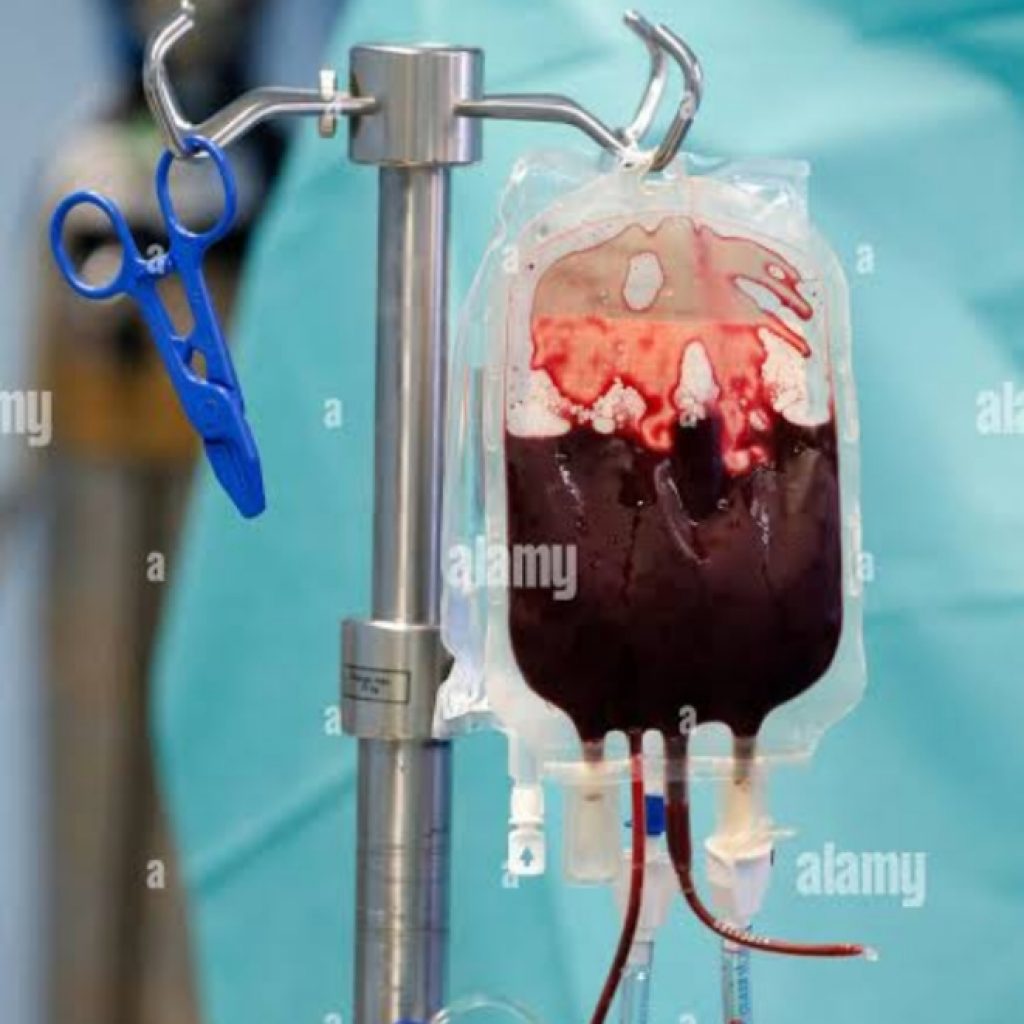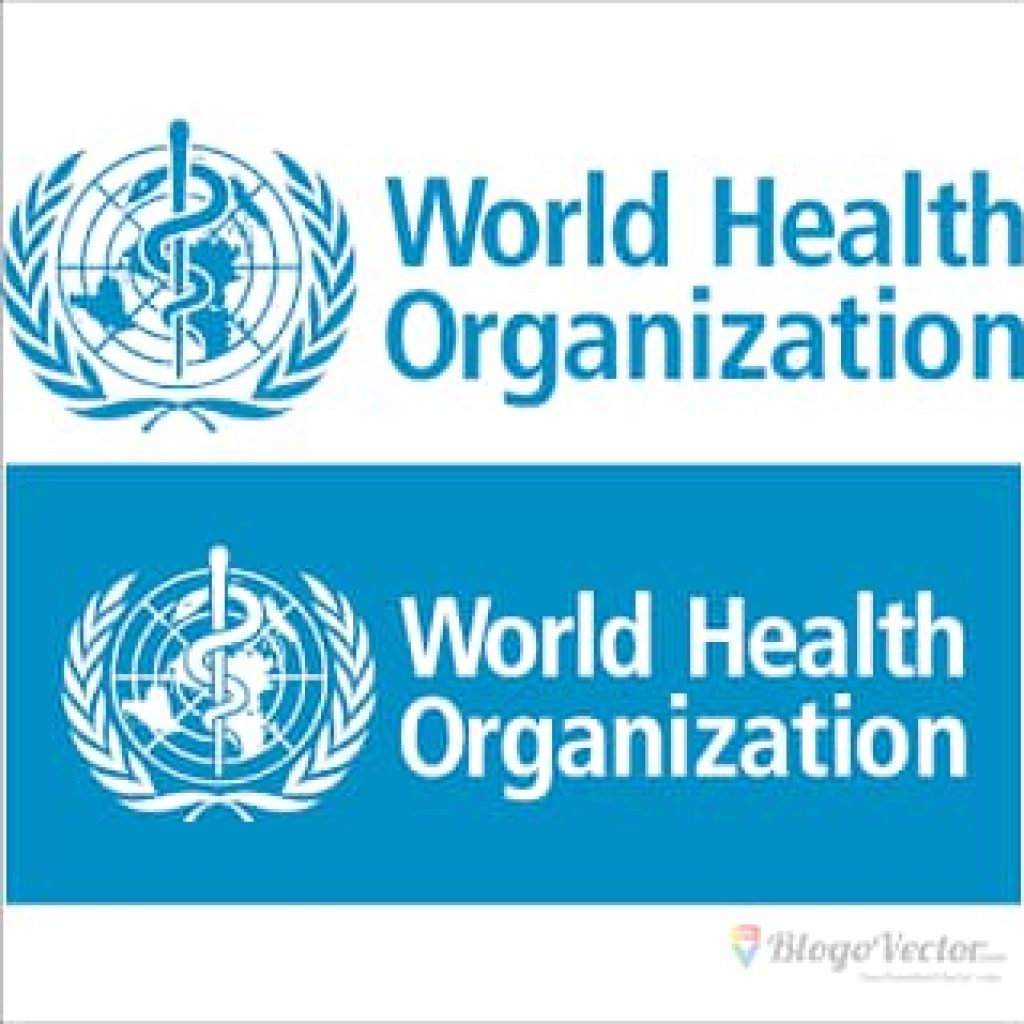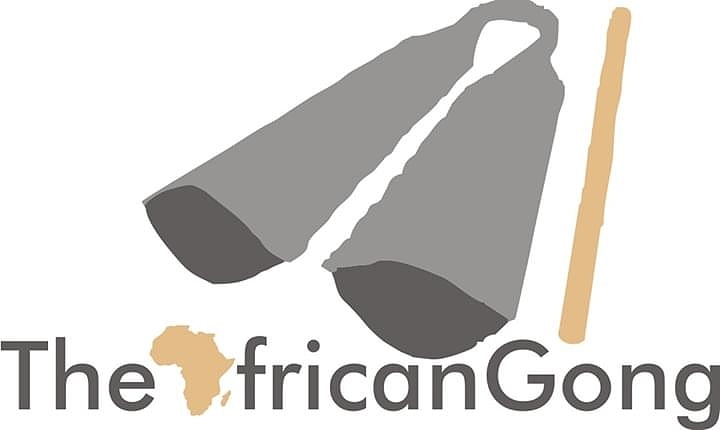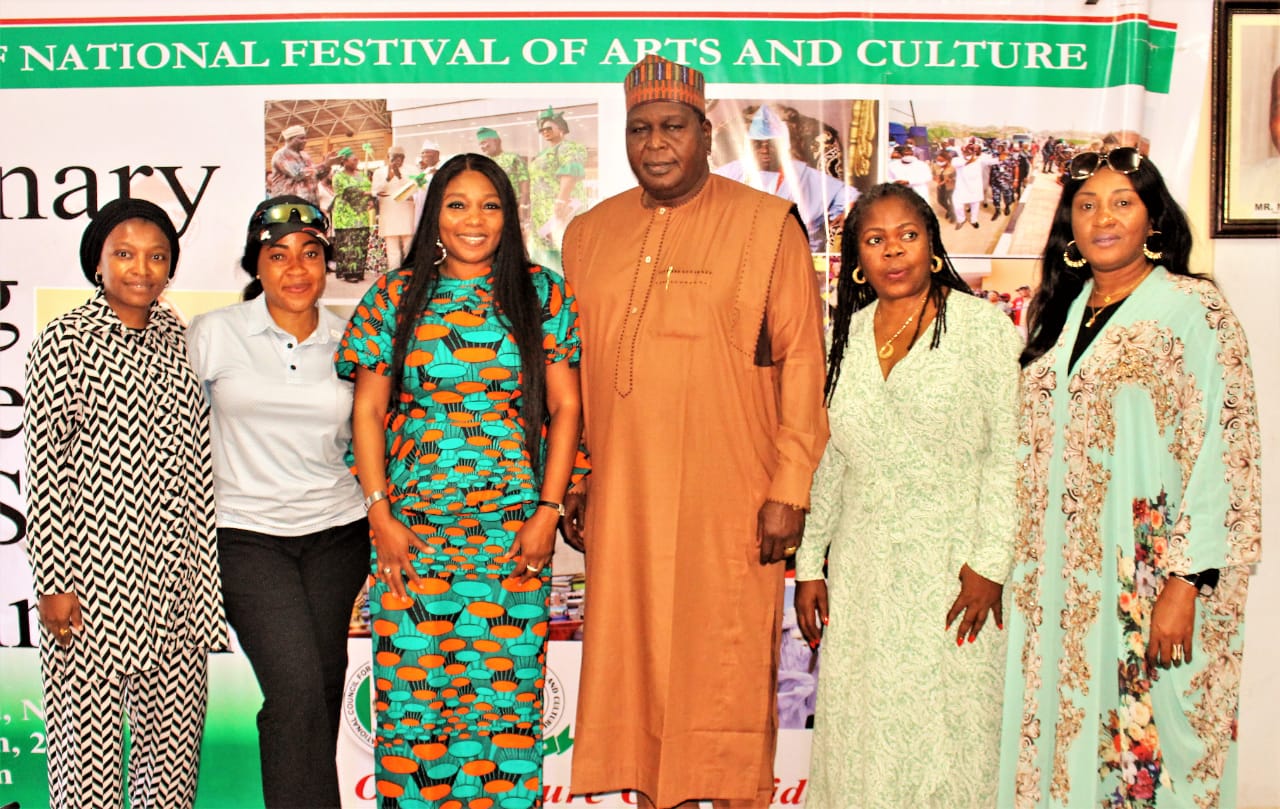
By Blessing David
The World Health Organization WHO Regional Director for Africa, Dr Matshidiso Moeti, has called on
African governments and political leaders to prioritize the provision of adequate human and financial resources to secure the future of national blood transfusion services.
Stressing that a blood service that gives patients access to safe blood and blood products, in sufficient quantities, is a key component of an effective health system, he said.
Dr Moeti, made the call on the ocassion of the World Blood Donor Day that is observed on 14 June every year, the global community marks World Blood Donor Day to focus on the gift of life from voluntary unpaid blood donors around the world.
He explained that this year’s theme which is tagged, ‘Donating blood is an act of solidarity. Join the effort and save lives’, highlights the critical role of voluntary blood donations in saving lives, and enhancing community solidarity and social cohesion.
He said while the need for donor blood is universal, as well as access for everyone who needs it is not, the demand in the African Region regularly outstrips supply, negatively impacting timely access for all patients who need safe and quality-assured blood to save their lives just as even the consequences of the Covid 19 pandemic dropped unpaid blood donations significantly.

While commending the African Region who have worked hard to improve blood donation frequency, and the situation is showing signs of stabilizing, the situation remains challenging with issues such as staff shortages, limited funding from governments and partners as well as private organizations for effective blood donor education, recruitment, and retention.
He maintained that WHO in the African Region, provides support to countries at various levels, including resource mobilization for the implementation of national blood transfusion plans, advocacy for integrating blood safety in these plans, and strengthening the legal and regulatory framework for blood safety.
WHO on World Blood Donor Day, urges African governments and political leaders to prioritize the provision of adequate human and financial resources to secure the future of national blood transfusion services, pointing out that a blood service that gives patients access to safe blood and blood products in sufficient quantities, is a key component of an effective health system.

The organization also calls for opportunities for partnerships and collaborations with media, private sector, faith-based and non-governmental organizations, to help increase the recruitment and retention of voluntary unpaid blood donors.
WHO further thanked Africa’s blood donors for their selfless contribution to national health systems, through this life-saving gift to patients who need transfusion therapy. Stressing that donating blood is an act of solidarity and so becoming a blood donor, can help ease the pressure on health systems still struggling under the burden of the COVID-19 pandemic.

